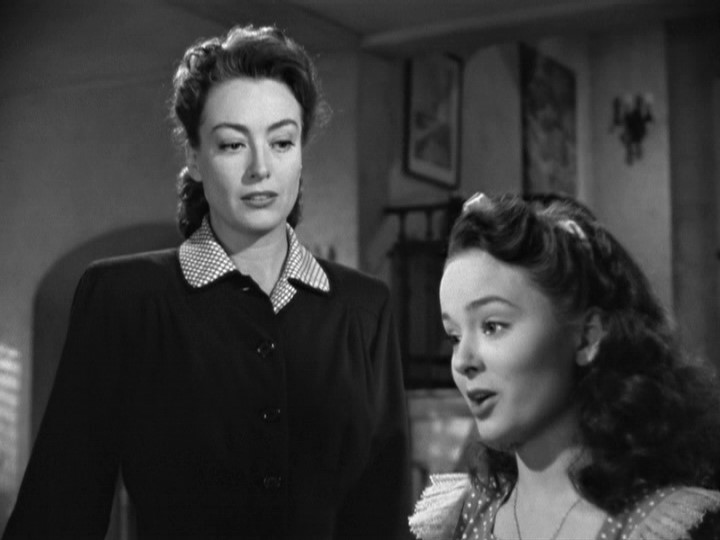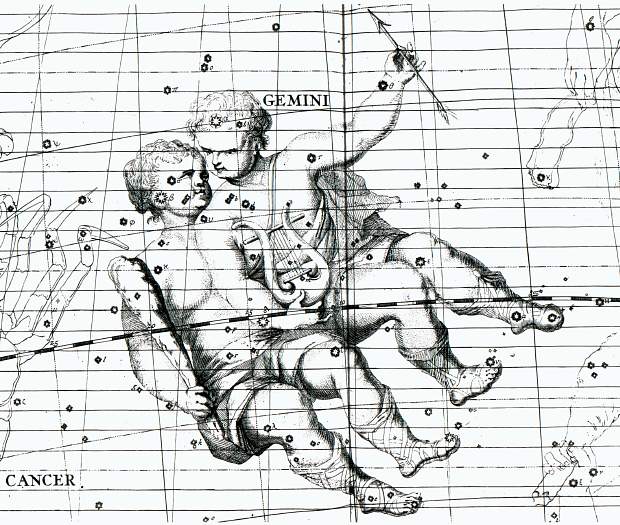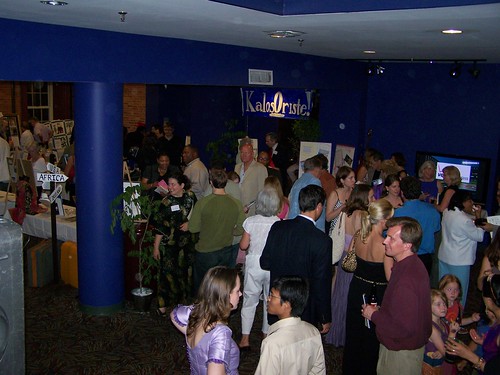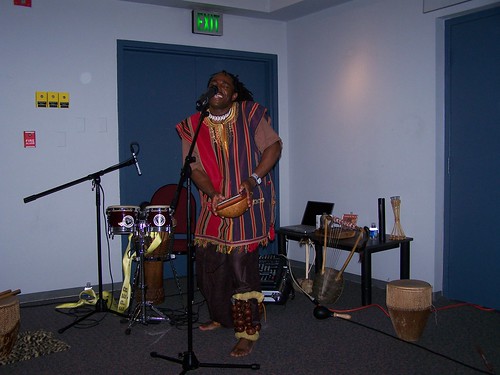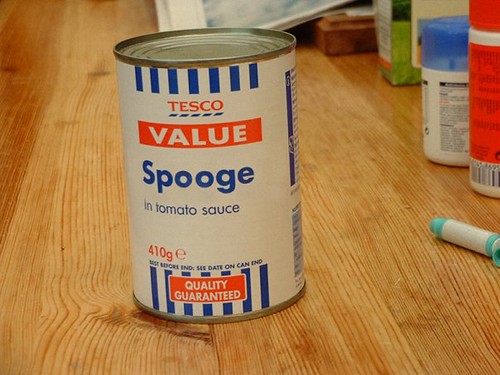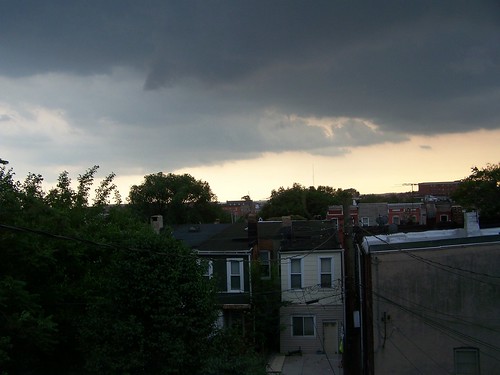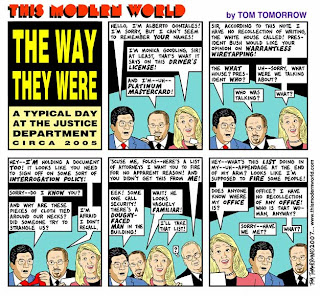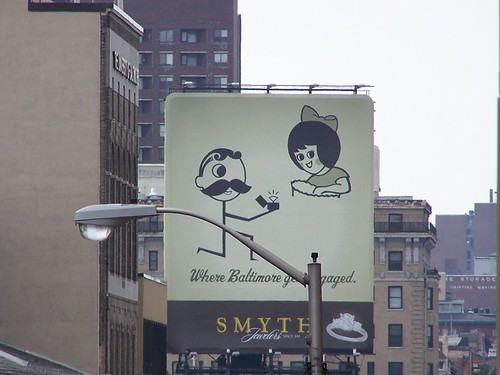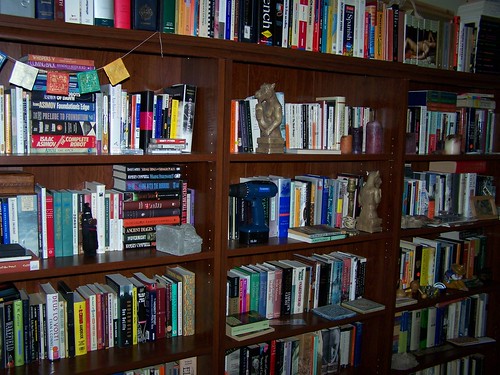Many on the French left freaked out about the candidacy of Nicolas Sarkozy, the recently elected President. Here Sarkozy sits down with one of his fiercest critics, the philosopher Michel Onfray.
Can you imagine in a million years George W. Bush doing the same? Or any of our current crop of candidates? I can't imagine most of them reading this transcript.
Imagine: an intellectual right-wing presidential candidate with a wide knowledge of literature, cultural history, philosophy, and fine art!
[from the July
Harper's]
[Dialogue]
THE DISCREET CHARM OF M. SARKOZYFrom an interview with Nicolas Sarkozy by the philosopher
Michel Onfray, published this spring in issue 8
of Philosophic Magazine. Sarkozy was elected president
of France on May 6. Onfray is the author of
thirty-two books, including Atheist Manifesto. Translated from
the French by Tobias Grey.NICOLAS SARKOZY: What do I represent for you?
Dare we pursue the logic you set out on your
blog: that I am a demagogue, the incarnation
of some filthy beast?
MICHEL ONFRAY: Not the incarnation-but there
is one point on which we'll have some trouble
understanding each other: religion. You've written
that you like going to mass with your family
because you feel reassured.
SARKOZY: I am not a regular churchgoer. But
I believe, I hope, I doubt. Ever since man
has had knowledge of his destiny, he has
asked himself fundamental questions. Why
were we born? Where are we going? Does life
open onto nothingness?
ONFRAY: So religion is there to reassure man, to
pacify him in the face of death? I think you're
right: God is a fiction invented by men so as not
to confront the reality of their condition.
There's hope and sense in philosophical research,
whereas what religion offers is foolish.
SARKOZY: I have sometimes sought happiness and
even found it. And so what? What is your
vision of philosophy?
Carpe diem, who cares
about tomorrow?
ONFRAY: I believe in knowing yourself.
SARKOZY: But such knowledge is impossible, it's absurd!
In 1993, I had to go into a preschool classroom
eight times to negotiate with a hostage
taker known as "the Human Bomb." Eight times
I was frightened in a different way. We never
know ourselves completely.
ONFRAY: But I think it's possible to get closer and
closer to understanding oneself. We can find out
about ourselves through history. Finding oneself
close to the presidency must generate existential
feelings-
SARKOZY: I've often felt illegitimate, for reasons I'm
not about to explain, and this made me work
harder than others. It was a way oflegitimizing
everything that happened to me: mayor at
twenty-eight, minister at thirty-eight. Finally,
I understood that all this effort wasn't enough.
I discovered a humane part of me that was missing,
a hidden force that I did not suspect existed.
ONFRAY: In politics you make a great deal about
the value of work. But when you get paid to do
a job like mine or yours, it's more symbolic
than anything. To read, write, and hold conferences
doesn't have much in common with
working on the assembly line in terrible conditions,
eight hours a day.
SARKOZY: When I travel around I'm always struck
by how much happier workers seem in the factories
than in the offices. In the time of Zola's
Germinal, down in the mine, even if it was
physically hard, there was friendship and solidarity,
whereas when you're in front of a computer
with an assistant manager standing over
you, you feel isolated.
ONFRAY: My mother was a cleaning lady, my father
a farm worker. They could hardly avail
themselves of any working-class solidarity. Certain
situations, poverty and ostracism in the
suburbs, for instance, sometimes bring out the
worst in people. For whatever reason, you don't
seem to grasp these mitigating circumstances.
SARKOZY: But what do you make of our choices, the
freedom of each individual?
ONFRAY: I don't want to give them an exaggerated
importance. A pedophile doesn't decide one
fine morning to be attracted to children. I think
we are all shaped by our environment, by familial
and sociohistorical conditions.
SARKOZY: Are you a communist?
ONFRAY: Neither communist nor liberal. I think
there are alternatives, notably libertarian, for
capital management.
SARKOZY: So you're interested in complexity?
ONFRAY: Of course! Do you recall a philosophical
work that made a particular impression on you?
SARKOZY: In 1995, I was going through a difficult
period. In the eyes of the media I had gone
from "the Mozart of politics" to a treacherous
and false-hearted Iago. It was at this moment
that I read some letters from Seneca to his
friend Lucilius. Reading this book amid my
problems moved me because it was at once simple
and very profound-that the idea of pain is
worse than the pain itself.
ONFRAY: We possess power over ourselves, over
what happens to us and what affects us, because
it all boils down to representations.
SARKOZY: I have often asked myself this question
when meeting ill people in hospitals. Suffering
is often a letdown compared to what we imagine.
Can we say the same thing about happiness?
I don't think so. All my life, people have told
me to wait, not to be in a hurry. As a child, I
had to wait for permission to go; as a teenager,
I hall to wait to become an adult; the adult had
to wait until the previous generations gave up
their power. Then, one day, the same ones who
told me it's too early told me in the same
peremptory tone, "It's too late." I tell my children,
"Never wait!"
ONFRA Y: We have that in common, not liking to
wait. I presume you never grow bored-
SARKOZY: Never. It's foreign to me.
ONFRAY: I don't know what being bored is either.
"An aimless will," said Arthur Schopenhauer.
It's never happened to me. I always find life magnificent,
because it is saturated with passions.
Let's build crowded moments and that's enough!
SARKOZY: Listen, I'm sorry to say it, but we could
go on holiday together!
ONFRAY: Are you joking?
SARKOZY: You don't go on holiday with someone
because you agree with him about the problem
of social security. Deep down, the most
important thing is style.
ONFRAY: I couldn't agree more-
SARKOZY: Take Celine, for example, who was capable
of writing a phrase like "Love is a poodle's
chance of attaining the infinite." Everything
rings true in this phrase: love will make a poodle
out of you, and yet it's an absolute infinity.
ONFRAY: Celine was a novelist who found an impassable,
inimitable style, and at the same time
could be read by everyone. It's not intellectualism
on the Joyce scale, it's slap-bang in the
people's tongue. He represents French geniusin
what is worst, too, Likeanti-Semitism. But he
brings a language and a vision of the world that
is at one with an era of mobs and crowds.
SARKOZY: For a long time, I got drunk on crowds,
from their applause, their excesses, perhaps
even their hysteria. And now I am more appreciative
of their silence. It expresses much
more than any applause.
ONFRAY: The mass is at once fascinating and worrying.
The Nietzschean that I try to be always
has this phrase in mind: "It's just as odious for
me to foLLowas it is to lead." Direct and animal
contact with a crowd confers a kind of frightening
power, but I find there's another, greater
power, which causes this power to subside.
SARKOZY: Yes, there is a greater power, which is to
persuade the crowd to think as opposed to react.
It took me a long time to understand that: I be-
Lievein transgression. But to transgress there must
be rules! There must be authority, laws. Without
rules there can be no transgression. Thus no
freedom. Because freedom is transgression.
ONFRAY: The libertarian who I am is not against
rules! I am for there being a few rules, so they can
be respected and not broken. There shouldn't
be laws that invite transgression, but codes,
pacts, renewable contracts, passed by individuals.
I think that we can offer libertarian resistance
to capitalism by creating alternative zones
in a world we disapprove of, nomadic free zones,
ephemeral, anticapitalist communities. But of
that and other things we'll talk again on holiday!
 Tomorrow is our little house-warming shindig. I'm taking a half-day today in order to do some shopping: booze, food, paper products, bunting, etc.
Tomorrow is our little house-warming shindig. I'm taking a half-day today in order to do some shopping: booze, food, paper products, bunting, etc.

.jpg)







